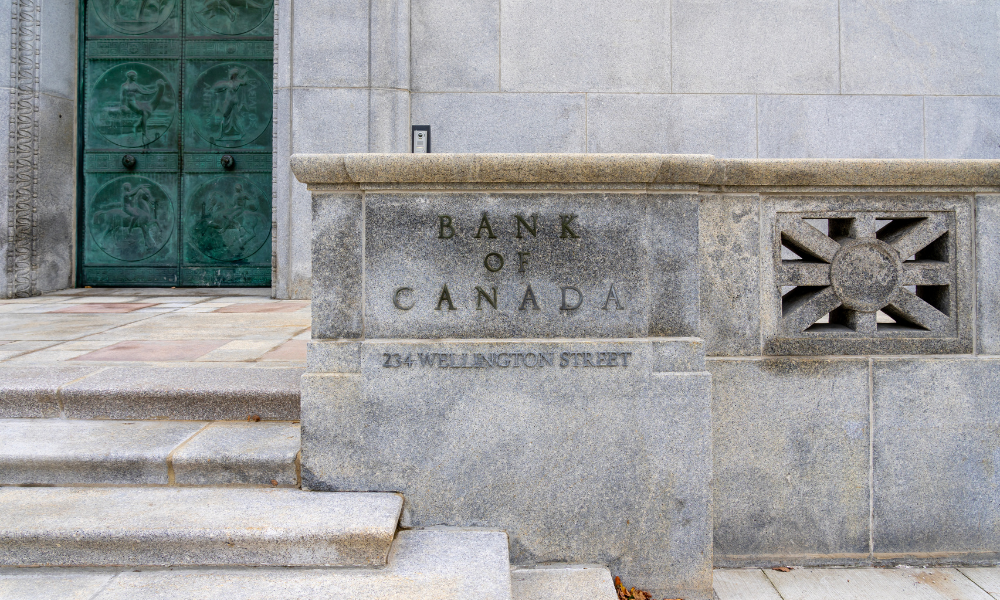If Ottawa’s proposals are aimed at “fair share” taxation, they could be off the mark

When the federal government announced its proposed tax changes, it might have thought that it was finding ways to make the wealthy pay a fairer share. Assuming that’s what Ottawa was going for, said one financial professional, then the proposed changes missed their mark.
“[T]here are lots of tax benefits available to high-income employees who are not business owners that are not available to the middle class,” said Jason Heath, CFP and income-tax professional at Objective Financial Partners, in a think piece published by the Financial Post. “And not all business owners are high-income earners — few are, in fact.”
Heath noted that while propaganda for the proposals suggests that the rich can incorporate to evade taxes, it doesn’t square with reality. Corporate tax strategies, he explained, are not broadly used by wealthy Canadians who don’t own businesses, but by successful business owners — including those in the middle class.
Instead of incorporating, wealthy individuals can turn to various other tax-planning tools. For example, Heath argued that since middle-class Canadians find it hard to max out their TFSAs and RRSPs, the wealthy get a disproportionate benefit from the instruments.
He also pointed out strategies that wealthy non-business-owners can take advantage of, but middle-class employees and business owners cannot. These include special tax treatment for employee stock options, supplemental executive retirement plans, family trusts, and an unlimited tax-free capital gain on the purchase and sale of a principal residence.
“All that said, [these] are not tax loopholes,” he said. “They are tax incentives that are available within the confines of the law.”
Heath then suggested that a true policy against tax loopholes would focus on the cash and underground economy, particularly on arrangements wherein a service rendered costs less if paid for in cash, and no income or sales tax is paid to the government.
“The problem with changes to taxation of employees, real estate or the underground economy is closing these ‘loopholes’ would impact a lot more Canadians than the smaller group of [business owners],” Heath said. “These would not be popular tax increases.”
For more of Wealth Professional's latest industry news, click here.
Related stories:
Tough times ahead for Canadian SMEs: CIBC
Ottawa's tax proposals not fair for businesses: study
“[T]here are lots of tax benefits available to high-income employees who are not business owners that are not available to the middle class,” said Jason Heath, CFP and income-tax professional at Objective Financial Partners, in a think piece published by the Financial Post. “And not all business owners are high-income earners — few are, in fact.”
Heath noted that while propaganda for the proposals suggests that the rich can incorporate to evade taxes, it doesn’t square with reality. Corporate tax strategies, he explained, are not broadly used by wealthy Canadians who don’t own businesses, but by successful business owners — including those in the middle class.
Instead of incorporating, wealthy individuals can turn to various other tax-planning tools. For example, Heath argued that since middle-class Canadians find it hard to max out their TFSAs and RRSPs, the wealthy get a disproportionate benefit from the instruments.
He also pointed out strategies that wealthy non-business-owners can take advantage of, but middle-class employees and business owners cannot. These include special tax treatment for employee stock options, supplemental executive retirement plans, family trusts, and an unlimited tax-free capital gain on the purchase and sale of a principal residence.
“All that said, [these] are not tax loopholes,” he said. “They are tax incentives that are available within the confines of the law.”
Heath then suggested that a true policy against tax loopholes would focus on the cash and underground economy, particularly on arrangements wherein a service rendered costs less if paid for in cash, and no income or sales tax is paid to the government.
“The problem with changes to taxation of employees, real estate or the underground economy is closing these ‘loopholes’ would impact a lot more Canadians than the smaller group of [business owners],” Heath said. “These would not be popular tax increases.”
For more of Wealth Professional's latest industry news, click here.
Related stories:
Tough times ahead for Canadian SMEs: CIBC
Ottawa's tax proposals not fair for businesses: study



